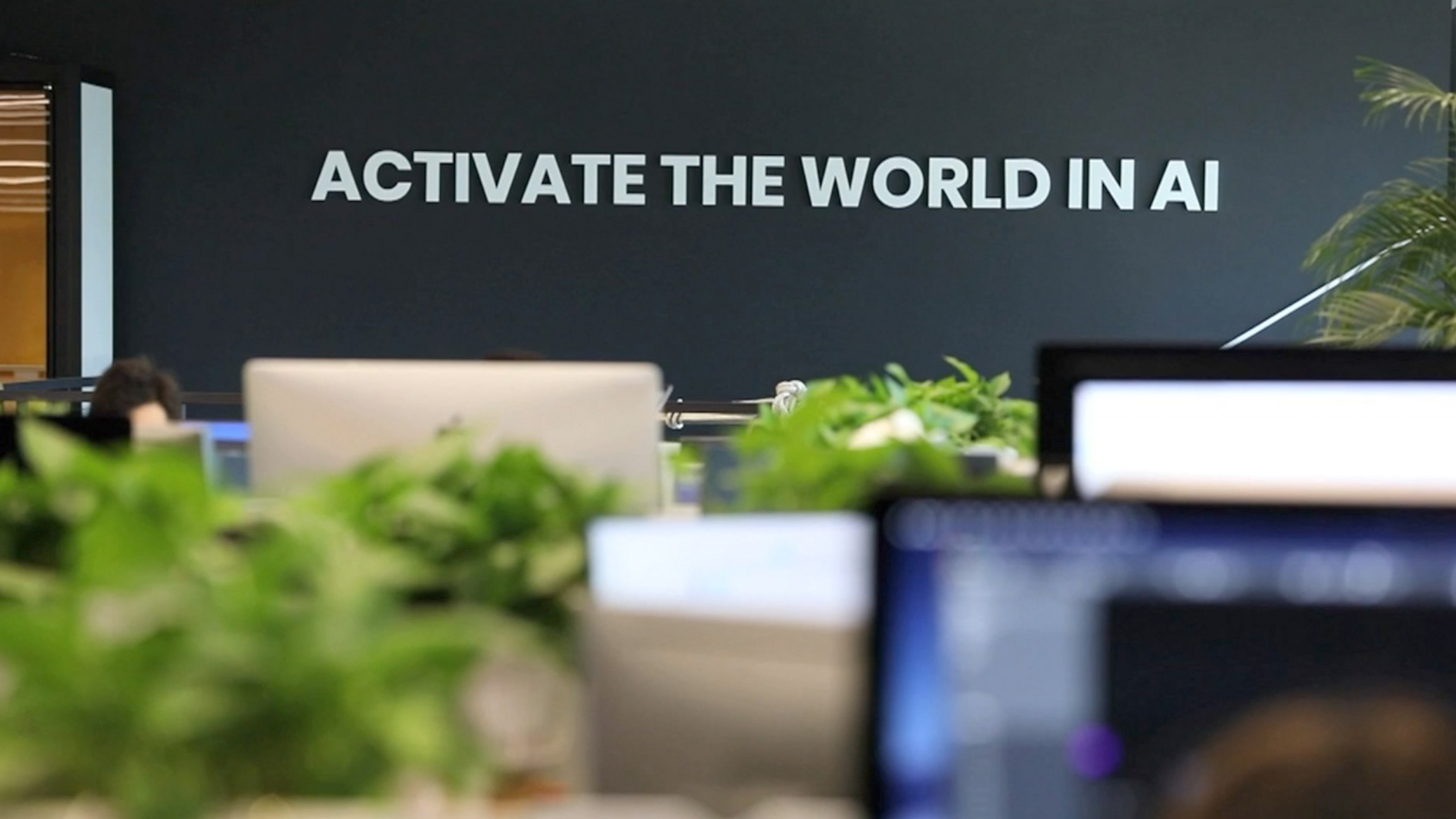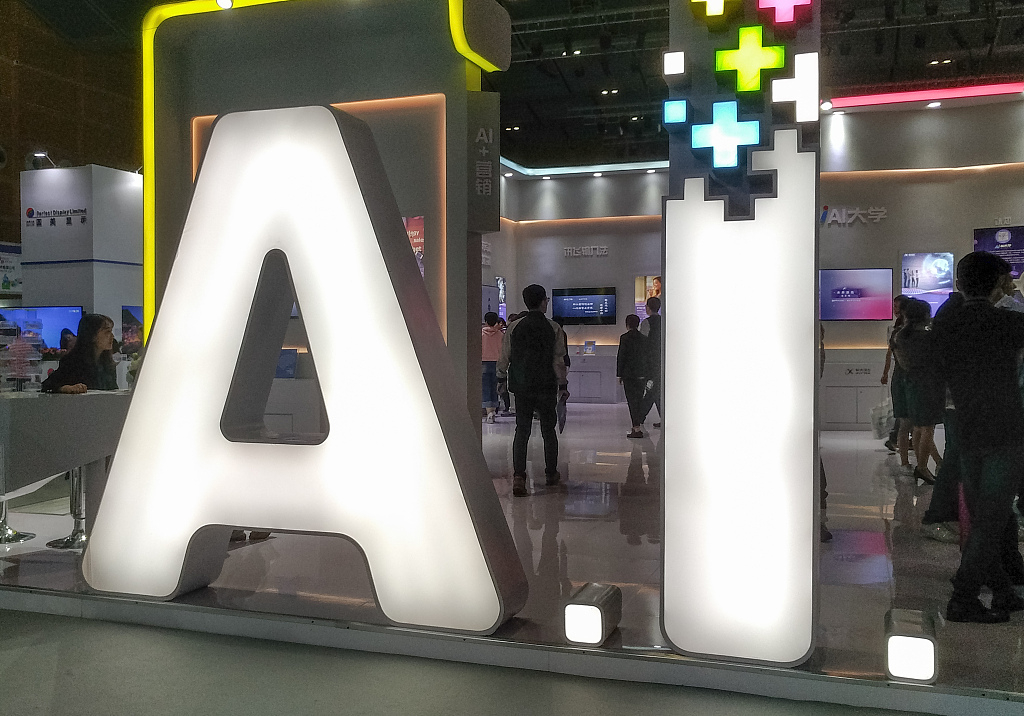02:59

Some of us may know it, others may be completely oblivious, but artificial intelligence is creeping into our daily lives like never before. From automated response machines in the field of customer service, to smart robotics working around the clock in manufacturing and factories, tasks previously worked by humans are becoming automated and digitized.
But, is this shift of how things get done in the name of efficiency and cost reduction, a good thing?
For China, a country that has set its sights on being an AI leader by the year 2030, a carefully crafted plan and balance are needed. In 2017 authorities laid out a roadmap to achieve this goal, prompting tech firms and start-ups to go all-in on AI.
Shenzhen based ZhuiYi Technology is one of those companies.
The young start-up is an industry leader when it comes to intelligent solutions for the service sector, using AI and "deep learning" within its delivered products. Some of its customers include banks, real estate companies, mobile service providers and even local TV stations across the country. And at the heart of what they create, is language and their services' and products' ability to interact with humans.
"Our core tech is natural language processing, and we focus on the next generation of intelligent interaction. We provide companies with 'AI digital employees'. We believe that enterprises will recruit a large number of digital employees in the future, because they have unique advantages when it comes to management. They also have a cost advantage, costing one-twelfth of a human worker," explains Joey Wu, the company CEO.
With such a significant reduction in cost, this new mode of providing services would be hard to ignore or pass over. But the possible ramifications of putting hundreds of thousands of people out of work requires a pause.
And for Wu, ensuring his company balances their endeavors while not creating a negative impact on the labor market are a top priority. Through their training and developing of AI trainer talents, ZhuiYi is making sure AI is targeting certain areas of work, and not disrupting labor markets across the board.
"After AI came out, many people were worried if AI would replace human work and create unemployment. But from our specific practice, we think AI is creating new types of jobs. For example, new AI trainers are becoming a job. They help 'digital employees', with training and developing procedures. All industries were AI digital employees are established will ultimately need AI trainers."

Expanding on quashing any fears related to the introduction of AI solutions to the workplace, the young CEO says that AI, at its current stage, shouldn't be seen as a threat, as many skeptics have previously put.
"From our practice, AI is suitable for simple, repetitive and high accuracy work. Human employees are more suitable for creative, social and caring work, so there are actually different scopes of application. Specifically, in our practice, we do the same. AI digital employees do some simple and inefficient work. After releasing human employees from the previous inefficient work, human employees can do more complex and creative work."
On a grander scale, China and AI are becoming more and more interdependent, with commentators noting the country's rise in the field. According to a report by China's State Council, the country's core AI industries are expected to exceed 22 billion U.S. dollars by next year. Meanwhile, China is leading the way in research and the commercial application of advanced technology.
Glen Liu, ZhuiYi's CTO, echoes the above expectations and projections. He says he's confident in China's current stage of AI development, and what's in store for the future.
"We believe that China will be the largest application market of AI in the future. I also see that China has attracted a large number of overseas AI scholars for development, and many returnees prefer to come back to China. For example, at ZhuiYi Technology we now have more than 50 returnees who have played an important role in R&D."